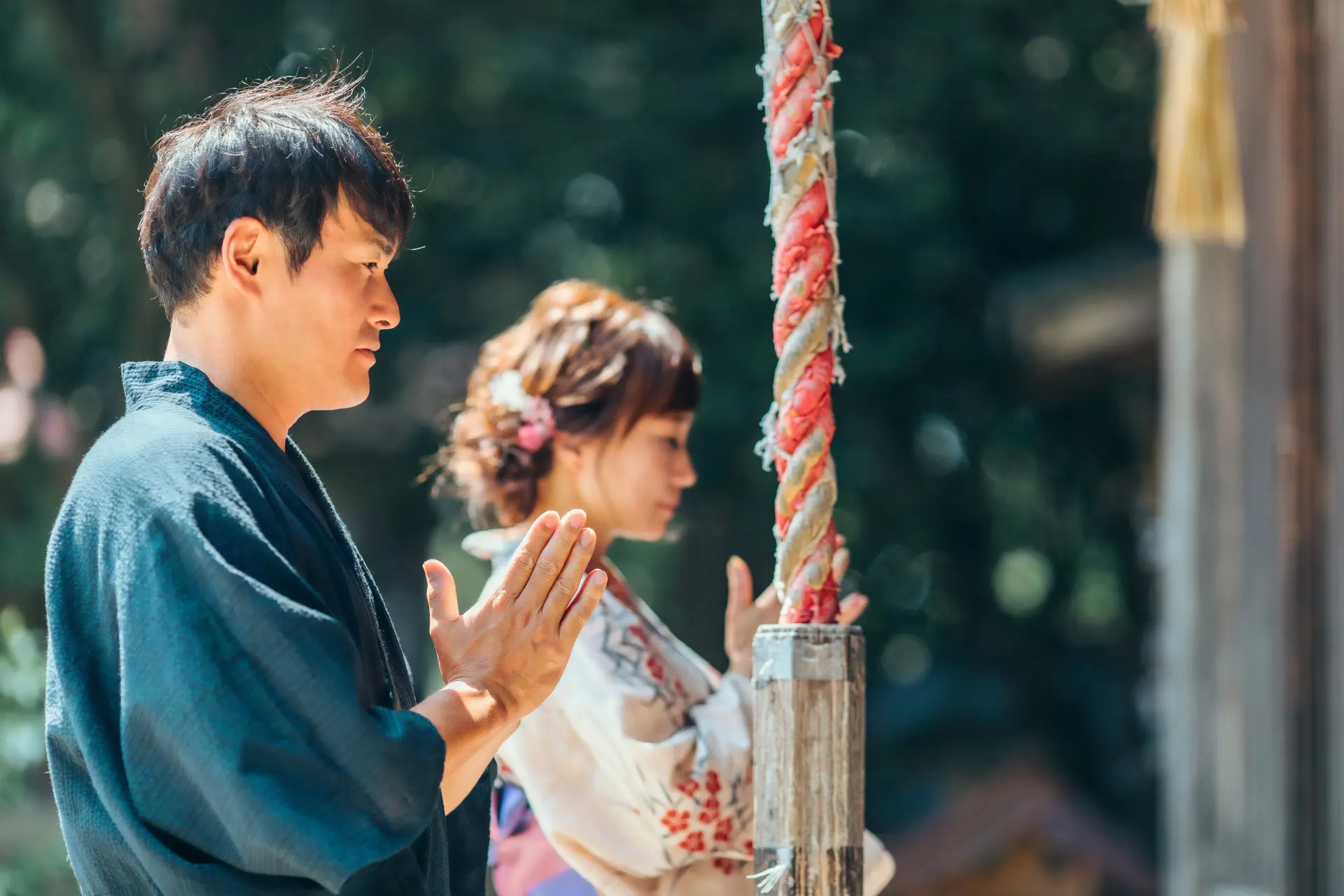Japan is a beautiful country with unique traditions. Understanding Japanese etiquette is essential for anyone planning to visit.
This Japanese etiquette guide for travelers helps you learn about greetings, dining, public transport, and visiting temples, ensuring a respectful and enjoyable trip.
1. Greetings and Bowing
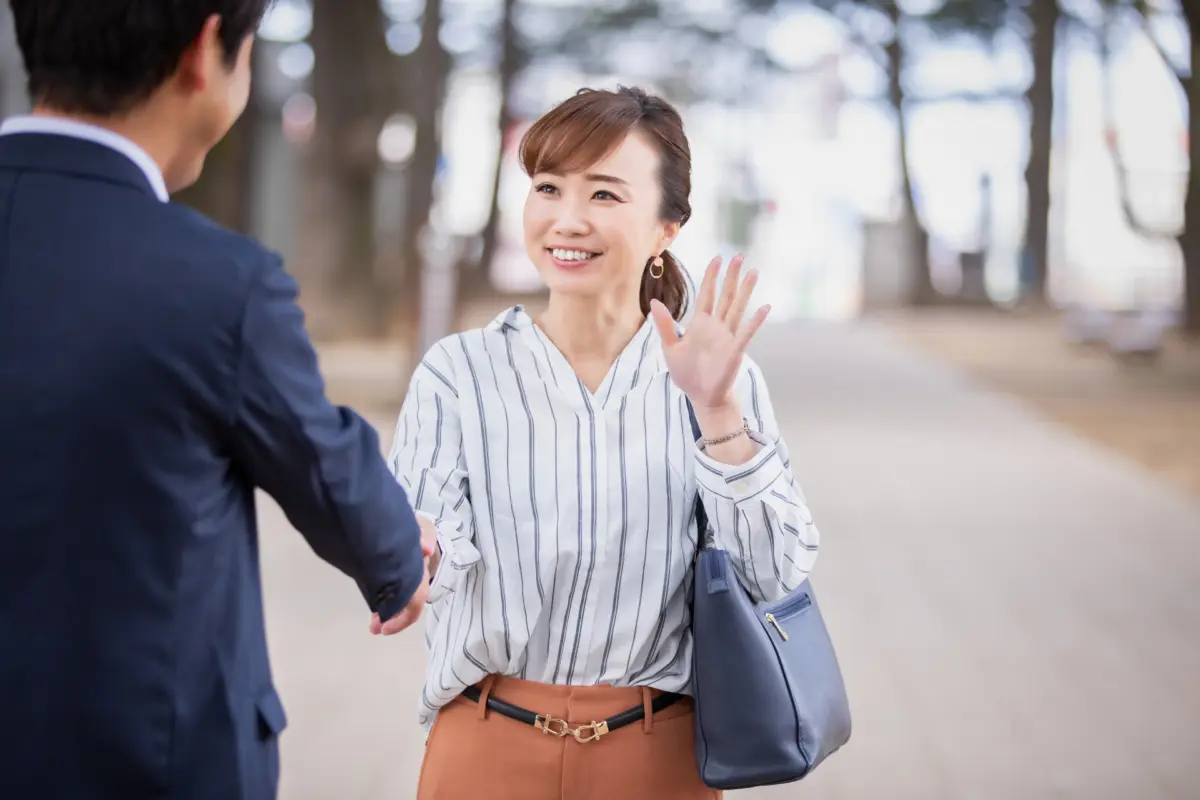
- Bowing: Bowing is a common way to show respect, whether saying hello, thank you, or apologizing. A small bow is fine for casual situations.
However, close friends usually don’t bow to each other - Useful Phrases: Saying “Konnichiwa” (Hello) or “Arigatou gozaimasu” (Thank you) can make a great impression.
2. Taking Off Your Shoes
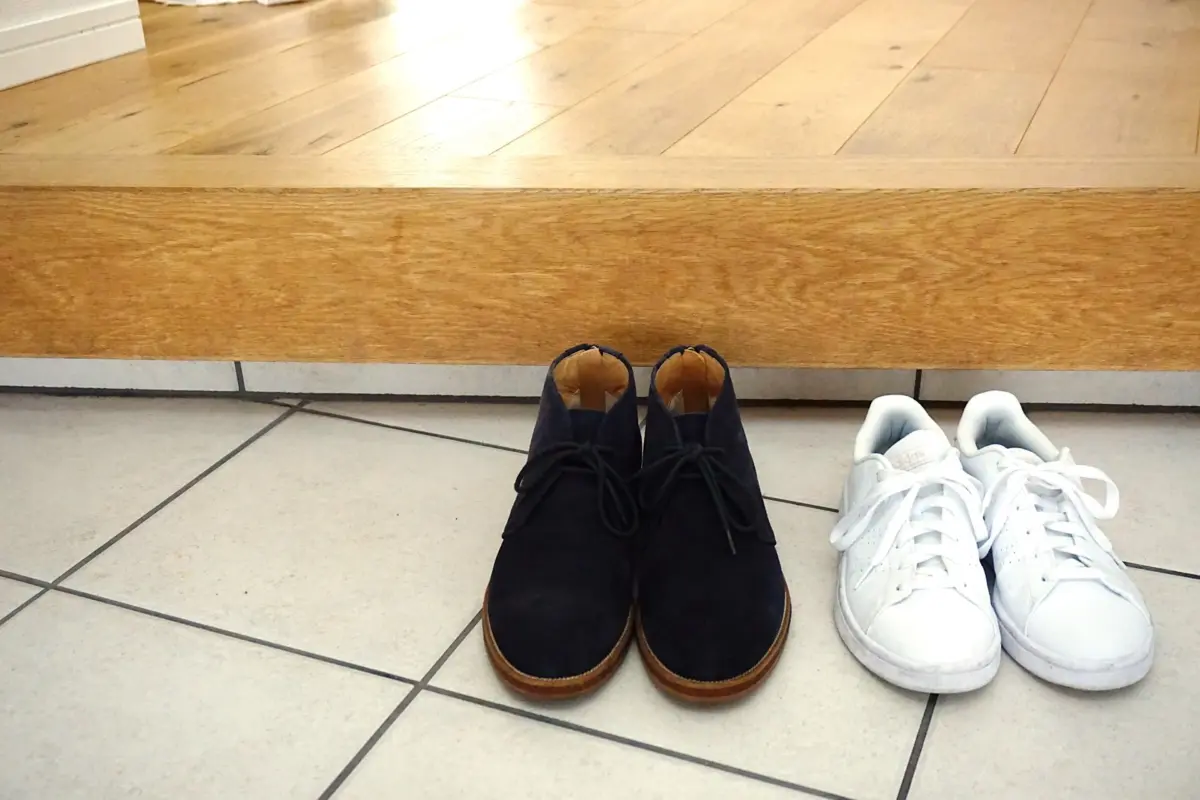
- Always take off your shoes before entering homes, traditional inns, or some temples.
- Use slippers if provided and keep your shoes tidy near the entrance.
If you notice a hole in your sock right after taking off your shoes, you might quickly adjust your sock to hide it—or show the hole and make a joke about it. Which approach you choose depends on your personality.
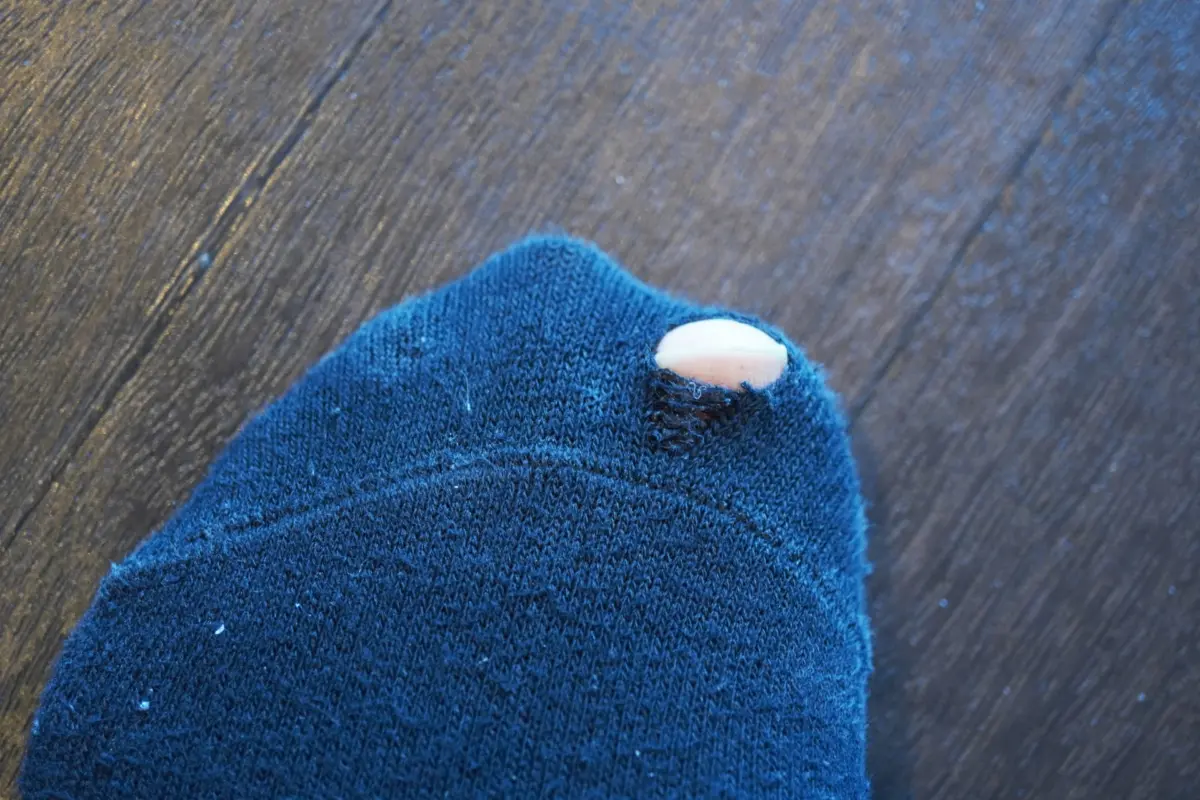
3. Public Transportation
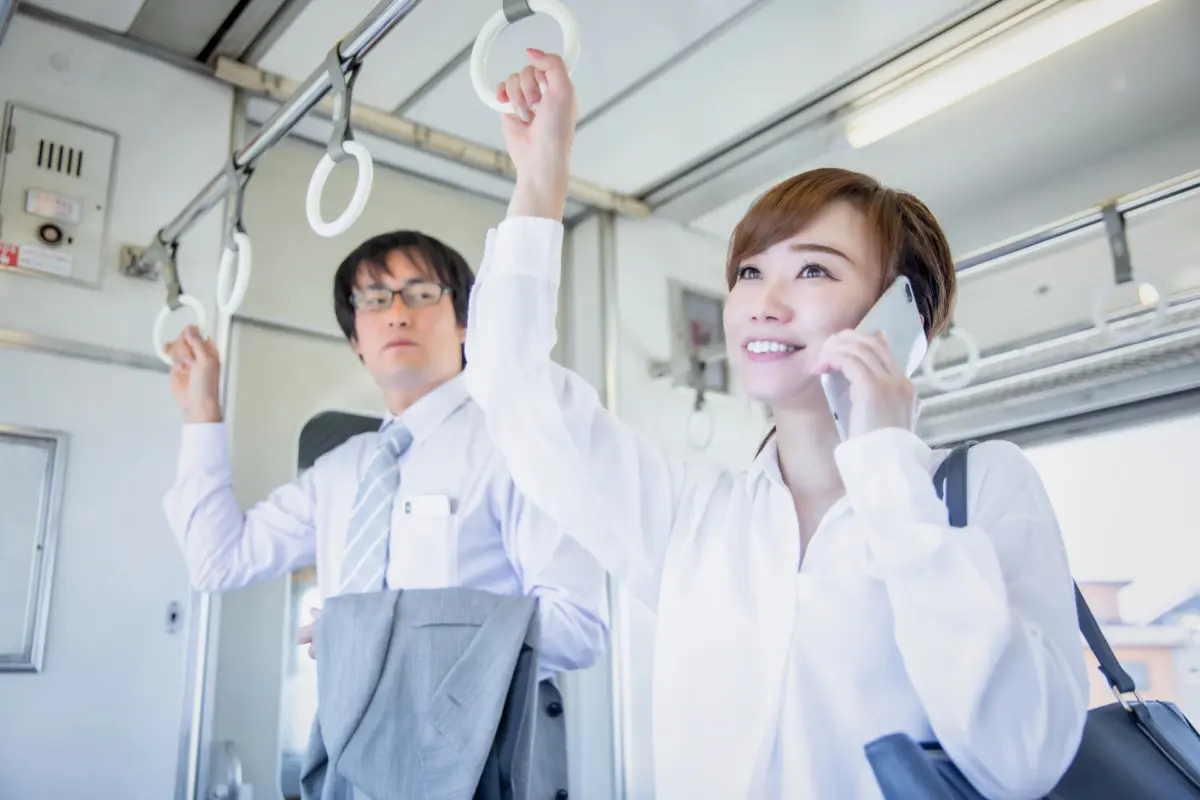
- Be Quiet: Speak softly and avoid making phone calls. If you must take a call on the Shinkansen, move to the space between cars to talk.
- Sound leaking from headphones can also be unpleasant for others. On the other hand, someone sleeping with their mouth wide open is not considered annoying—it’s more of a charming sight, as their peaceful face exudes happiness.
4. Riding Trains and the Shinkansen
Riding public transportation in Japan is simple if you follow these basic tips:
- Line Up: Wait in line at the designated boarding spots on the platform.
- Let People Exit First: Always allow passengers to get off the train before you board.
While these aren’t strict laws, they reflect the Japanese value of consideration for others. Following these practices creates a smoother and more pleasant experience for everyone. After all, good manners are about showing kindness and making shared spaces enjoyable for all.
5. Trash and Recycling
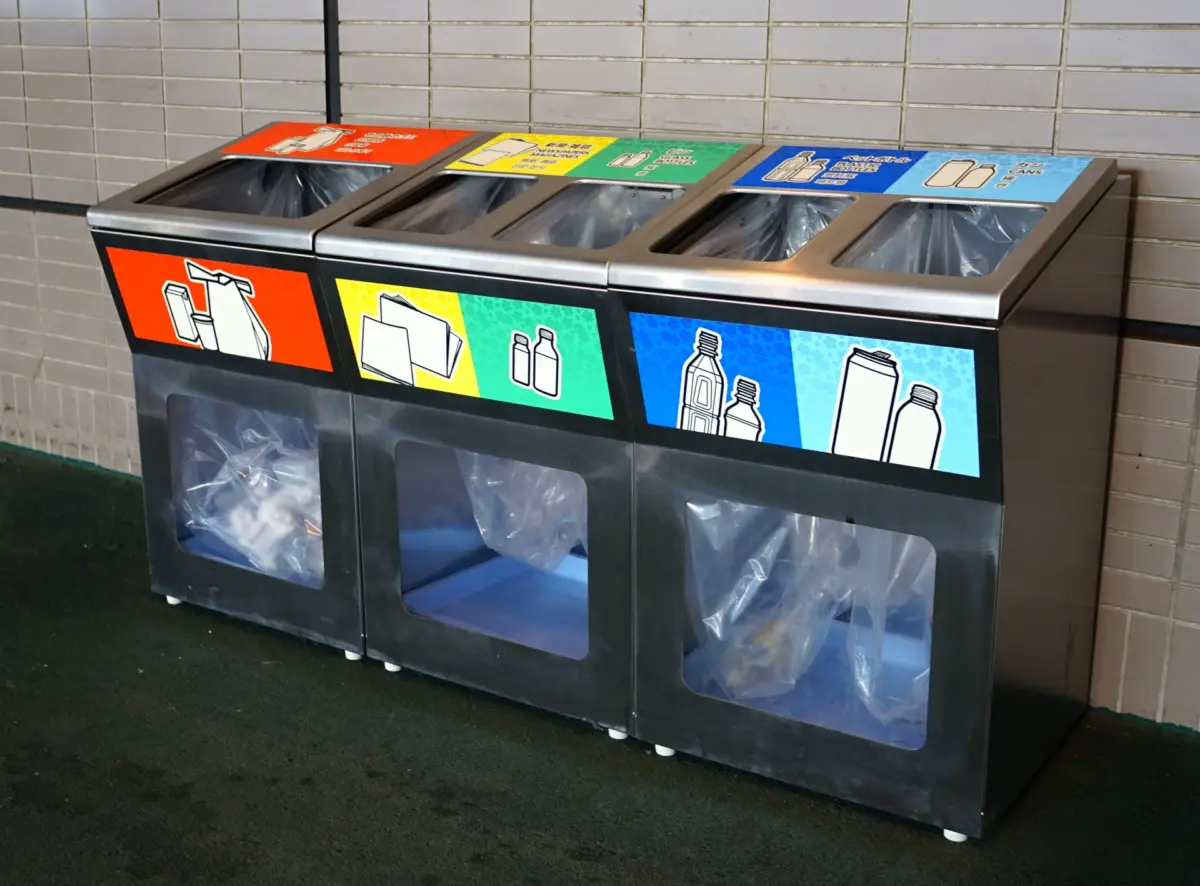
- Trash bins are rare, so carry your trash with you until you find one.
- Separate items like bottles and burnable trash when you throw them away.
6. Eating Etiquette
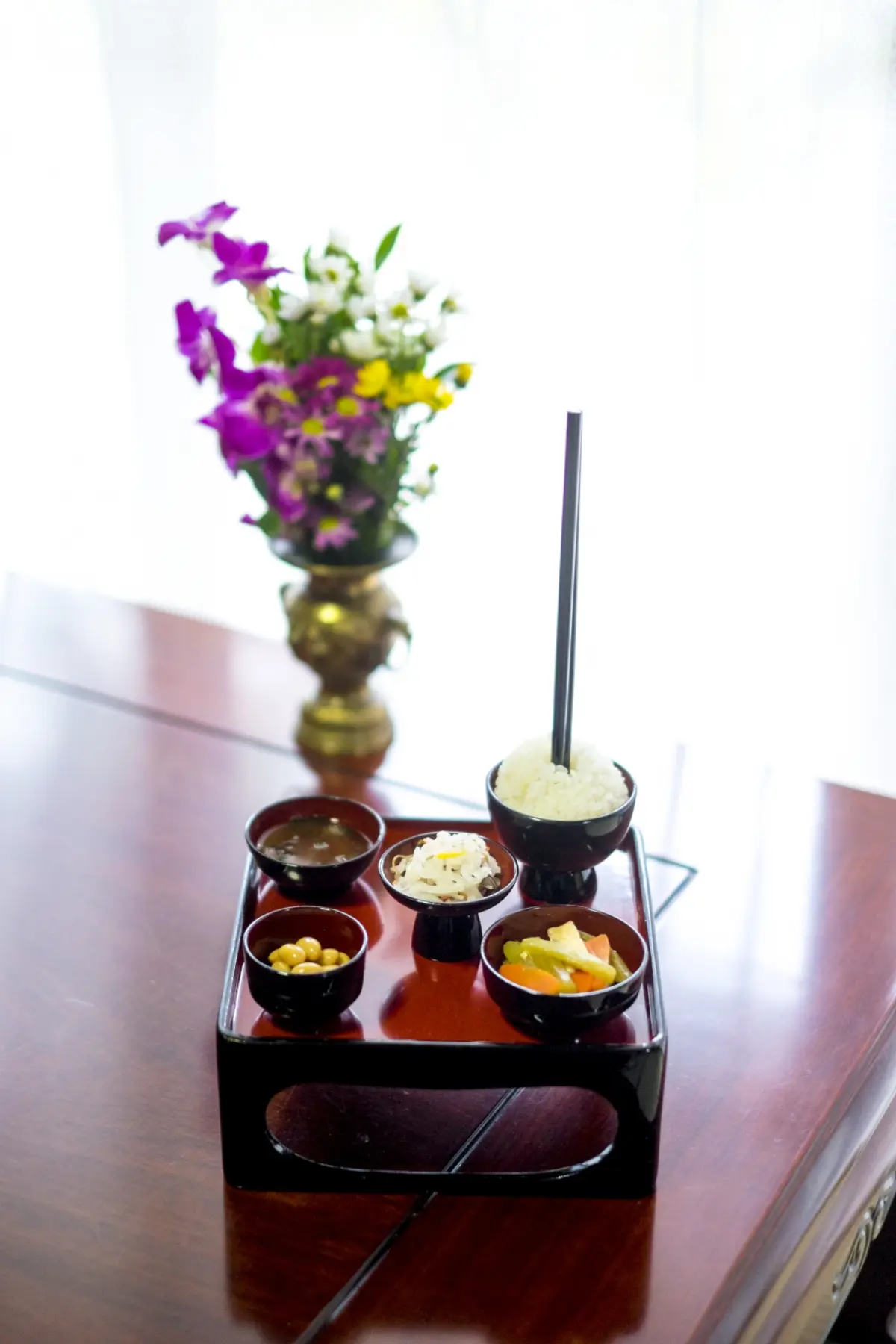
- Chopsticks: Don’t stick them upright in rice or pass food from chopsticks to chopsticks, as these actions are associated with funerals.
- Say the Right Words: Say “Itadakimasu” before eating and “Gochisousama” when you’re done to show thanks.
If you say “Gochisousama deshita” to the person who prepared your meal, you’ll likely see a delighted expression on their face.
If you add, “Gochisousama deshita. Arigato. Totemo Oishikatta desu.(Thank you. Gochisousama deshita. It was so delicious)” they might be so touched they could cry with joy
7. Onsen (Hot Springs)
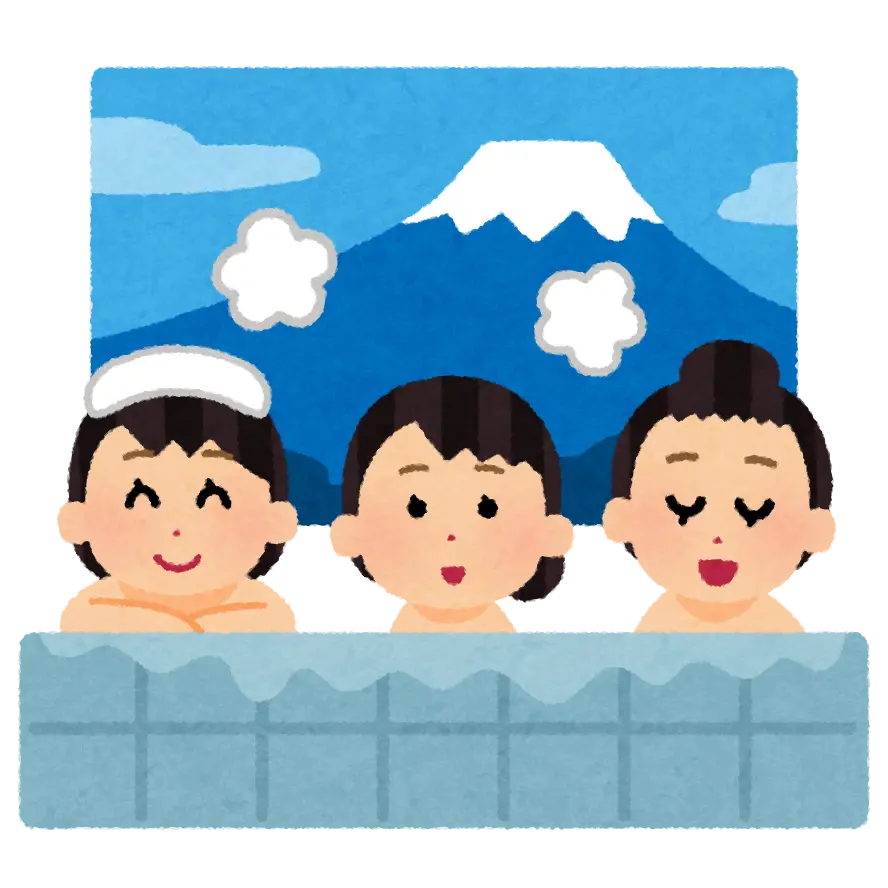
- Wash your body before getting into the bath. This keeps the water clean for everyone.
- Keep towels out of the bathwater and leave large towels outside.
If you’re unsure where to place your towel while soaking in the bath, simply fold it and rest it on your head.
8. Visiting Temples and Shrines
- Purify First: Before entering, use water from the basin to rinse your hands and mouth as a symbolic act of cleansing.
- Be Respectful: The rituals for temples and shrines differ slightly:
- At shrines, follow the “Two Bows, Two Claps, One Bow” prayer routine.
- At temples, simply press your hands together quietly in prayer.
Even Japanese people sometimes mix up these customs. The important thing is to show respect and sincerity toward the sacred space. If you make a mistake, don’t worry—what matters most is your intention to honor the site.
9. Nara’s Deer

The deer in Nara Park are sacred animals, believed to be messengers of the gods. To protect them and yourself, please follow these guidelines:
- Feed Only Shika Senbei: Give the deer only the special rice crackers sold in the park. Other foods like chips or candy can harm their health.
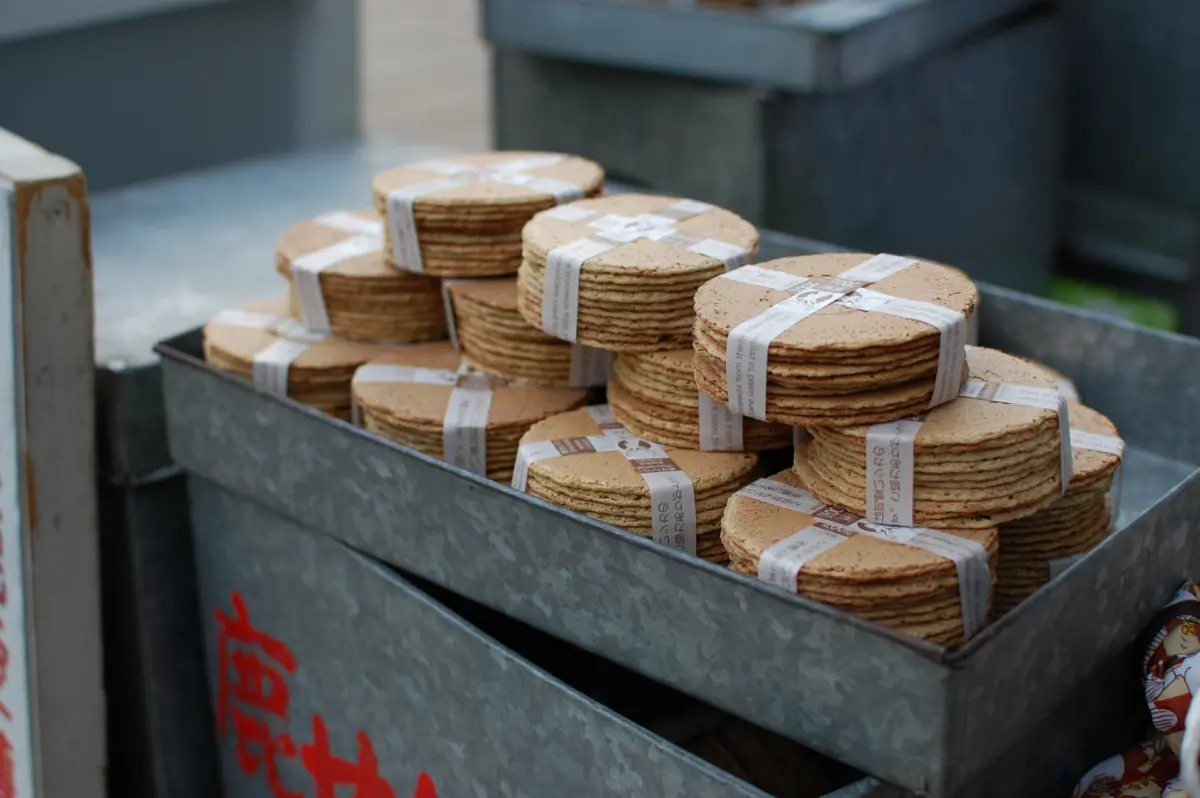
- Be Respectful: Do not hit, kick, or handle the deer roughly. They are sacred creatures deserving of care.
- Stay Safe: Avoid touching the deer unnecessarily. They can bite, kick, or charge with their antlers, especially:
- In spring, when mother deer protect their fawns.
- In autumn, when male deer can become aggressive during mating season.
Always supervise small children closely and teach them to approach the deer cautiously.
Learn more about deer safety here.
Common Scams and Precautions in Japan
- Avoid Too-Good-to-Be-True Offers: Be cautious of strangers offering easy money or exclusive deals. Politely but firmly say “No.”
- Beware of Persistent Solicitors: In nightlife districts like Shinjuku or Osaka, avoid bars or clubs with aggressive street promoters.
- Check Before You Buy: Compare prices and quality for high-value items like jewelry. Always ask for a receipt and warranty.
- Watch Out for Counterfeit Goods: Only purchase branded products from official stores or trusted retailers.
- Guard Your Belongings: In crowded areas like train stations and tourist spots, keep your valuables secure to avoid pickpocketing.
By staying cautious and aware, you can enjoy your trip to Japan safely and without unnecessary stress.

